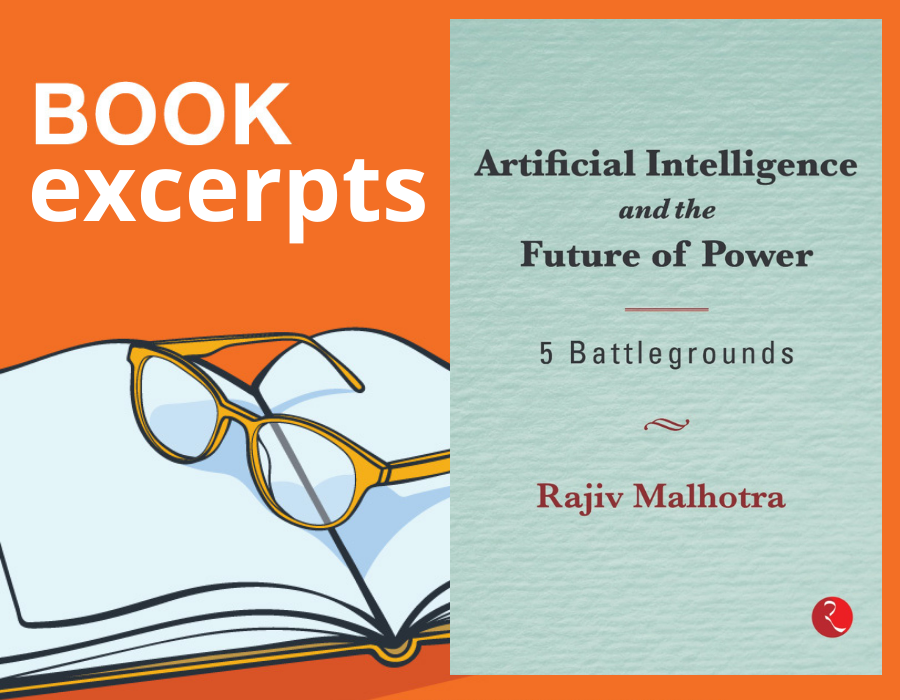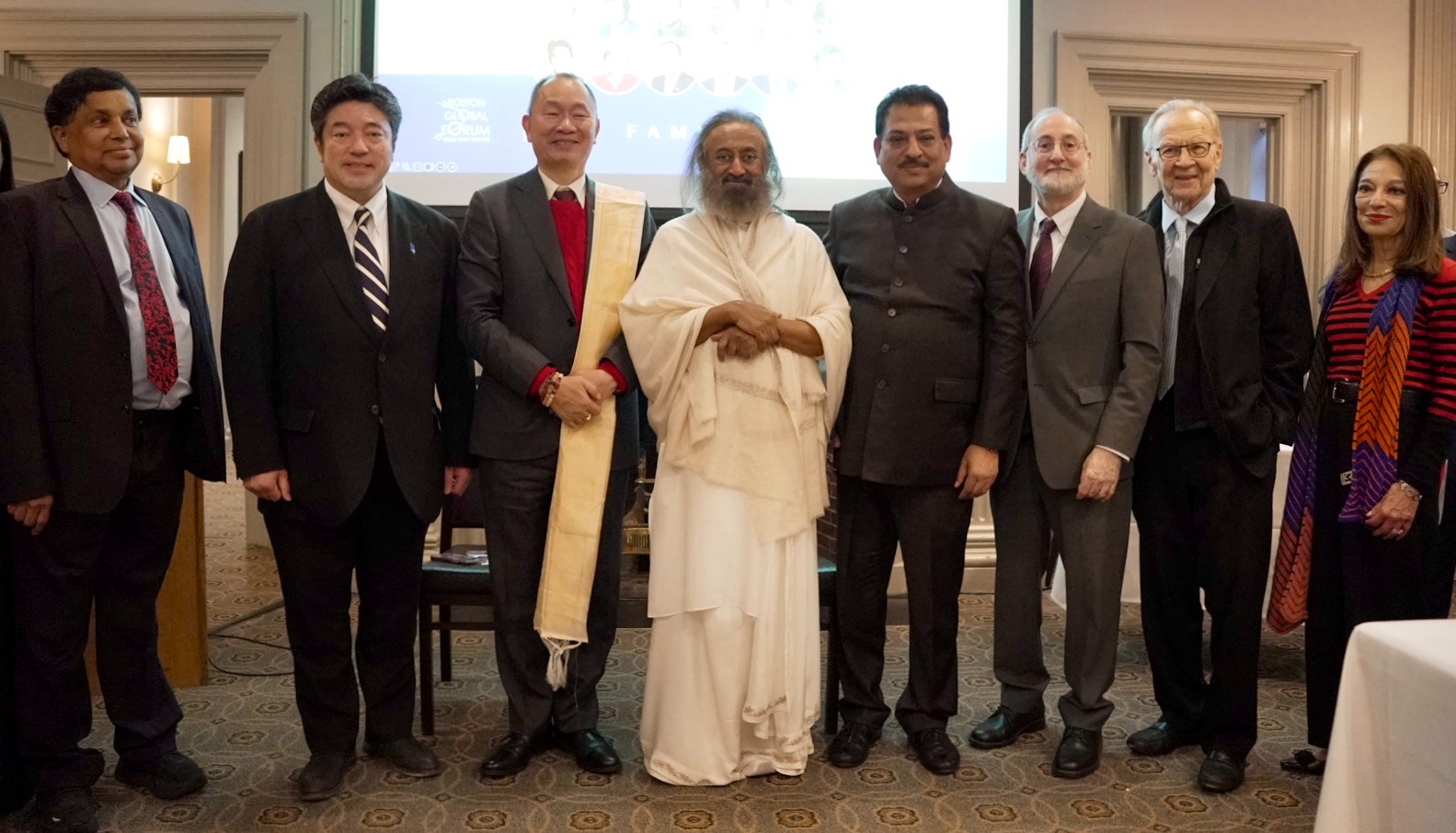Excerpts from Artificial Intelligence and the Future of Power - Rajiv Malhotra
Automation will create a dichotomy between new haves and have-nots. Massive unemployment will occur simultaneously with shortages of professionals in the latest technologies. Those who are technically qualified, possess the latest knowledge, and can work competitively in the new economy will be rewarded with high-paying jobs. These will be the new elites. Unfortunately, most workers will be left behind to face unemployment or eke out a meager living.
In the imminent future, society will have to acknowledge the existence of what I call the unemployable class. Additionally, the greater longevity that results from medical advances will further increase costs for the nonproductive elderly. Income disparity will become glaringly large and foment increased stratification between social classes. The middle class might virtually disappear, leaving a small upper class of elites and an exceptionally large lower class. Labor shortages will exist at the upper end, with a surplus of obsolete workers at the lower end.
Artificial Intelligence will exacerbate economic divisions by worsening the disparity that already exists. In the Global Wealth Report 2019, Credit Suisse Wealth Institute indicates that the top 1% of the world’s richest people own 45% of the world’s wealth; it provides the breakdown for major countries. According to one report the world’s 2,000 billionaires have more wealth than the bottom 4.6 billion people combined, and the richest 1% have more than the combined wealth of 6.9 billion people.
….. Most economists like to pacify the public with the claim that new jobs created by AI will compensate for the loss of old jobs, but this assertion does not address the problem for several reasons. As stated earlier, AI’s new jobs will not be located where old jobs are eliminated, but wherever the AI industry’s innovations and implementations are located. The Oxford Economics report indicates that job losses and gains will be unevenly distributed between countries, between regions of the same country, and even between different communities in the same region. The consumers who benefit from cheaper goods due to automation will be scattered around the world, whereas the communities that lose manufacturing jobs will be locally concentrated. In fact, Oxford Economics states: “increased industrial automation will tend to exacerbate the regional inequalities that already exist within advanced economies”
….. The coronavirus pandemic will make the unemployment situation even worse for the most vulnerable people, exacerbating the problems caused by AI. One estimate is that this latest crisis could plunge another half a billion people into poverty and will adversely impact women more than men. The well-recognized gender pay gap even in developed countries like the US is likely to worsen due to the pandemic.
….. Despite these trends, a sizeable segment of millennials, especially those employed in the tech industry, subscribe to the optimistic view that AI will usher in an age of abundance and freedom for all. This attitude is an oversimplification resulting from a collective unwillingness to acknowledge reality and inability to reason with sophistication when confronted with uncomfortable truths.








 OpinionExpress.In
OpinionExpress.In















Comments (0)